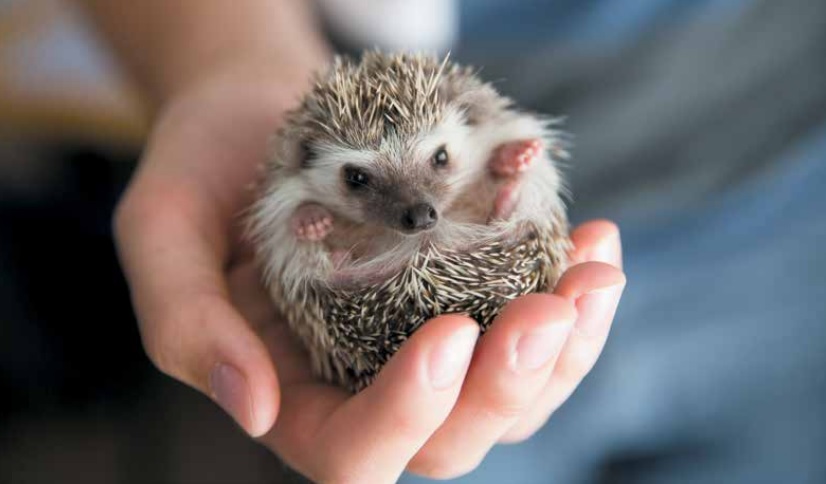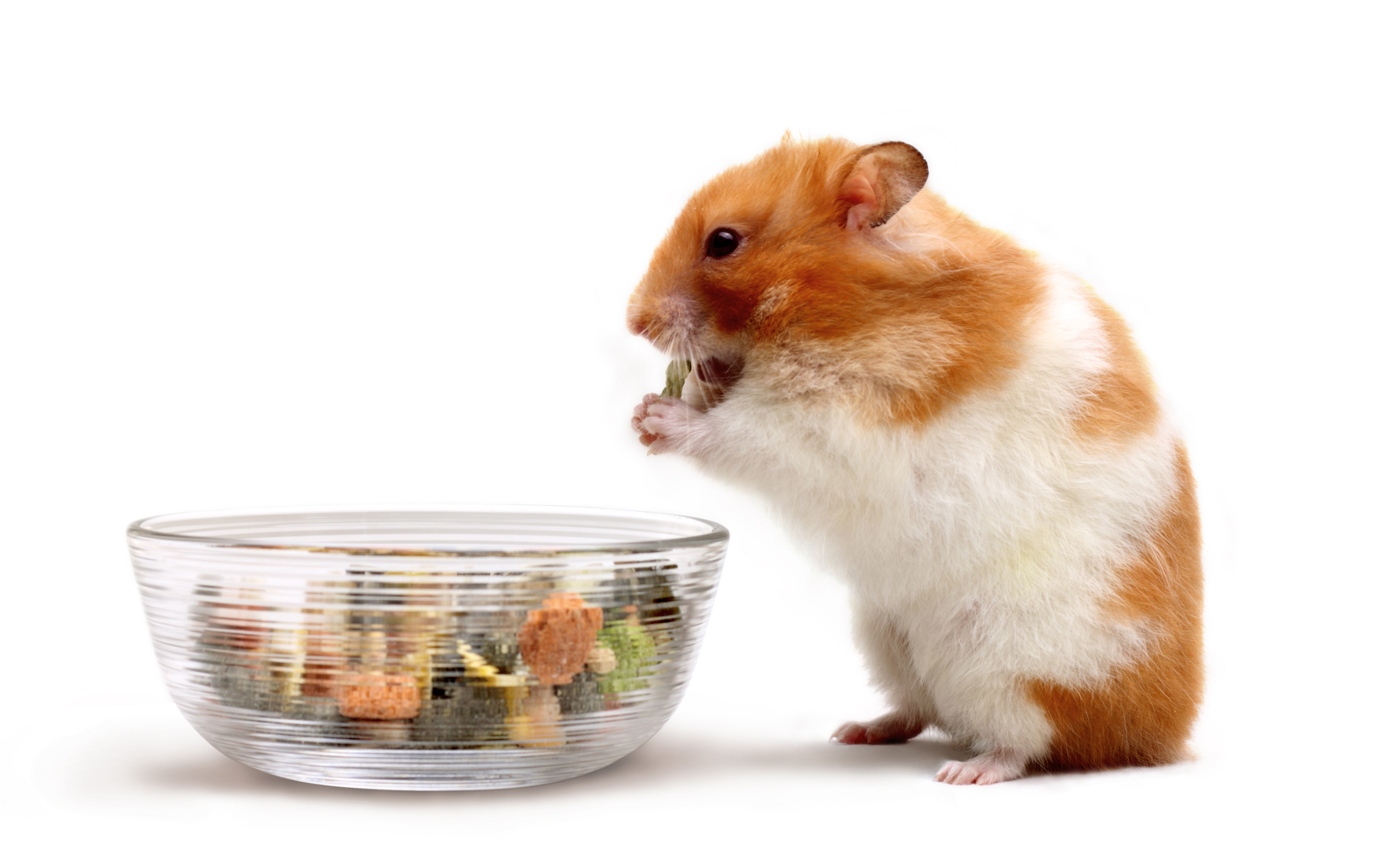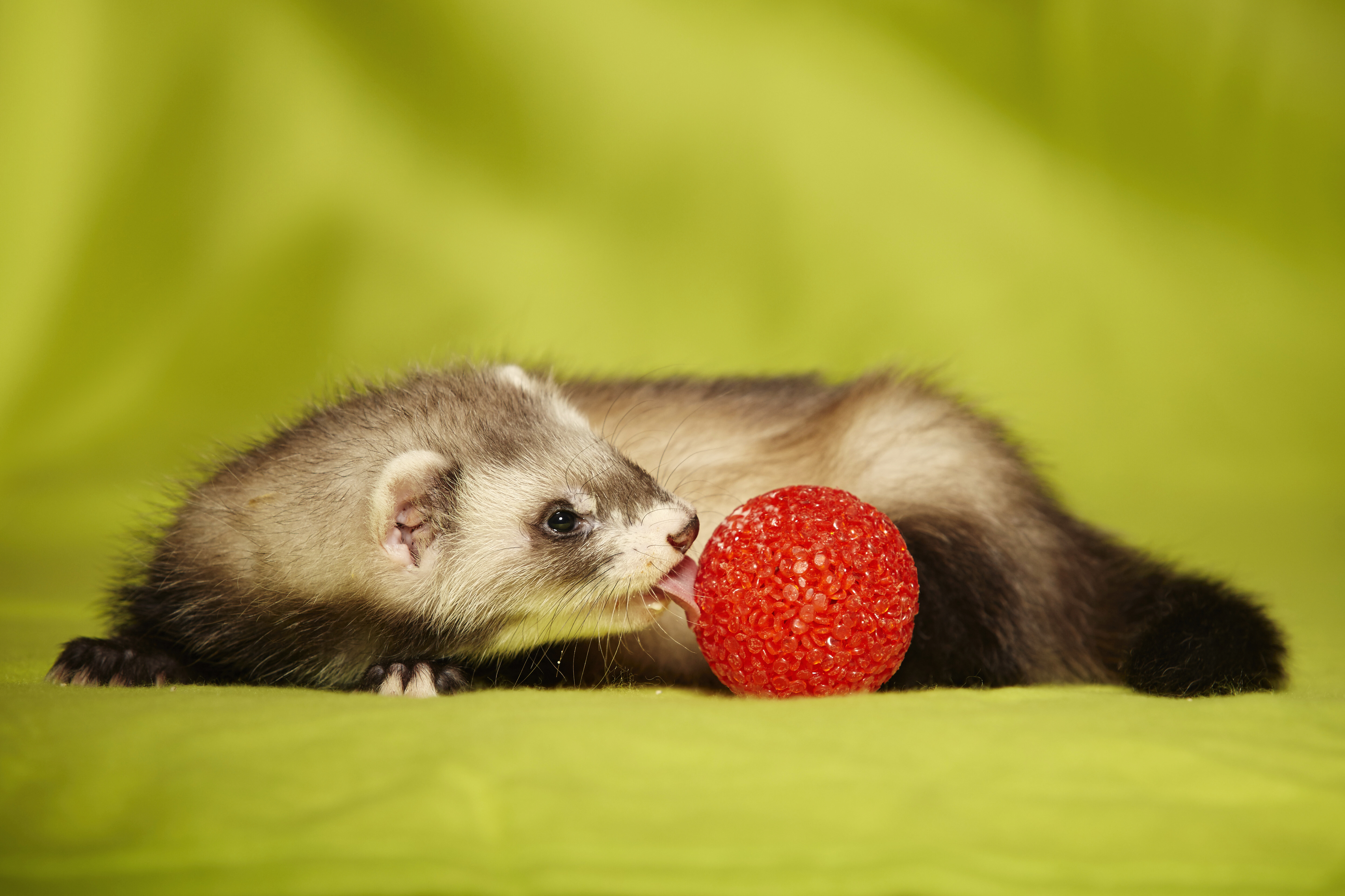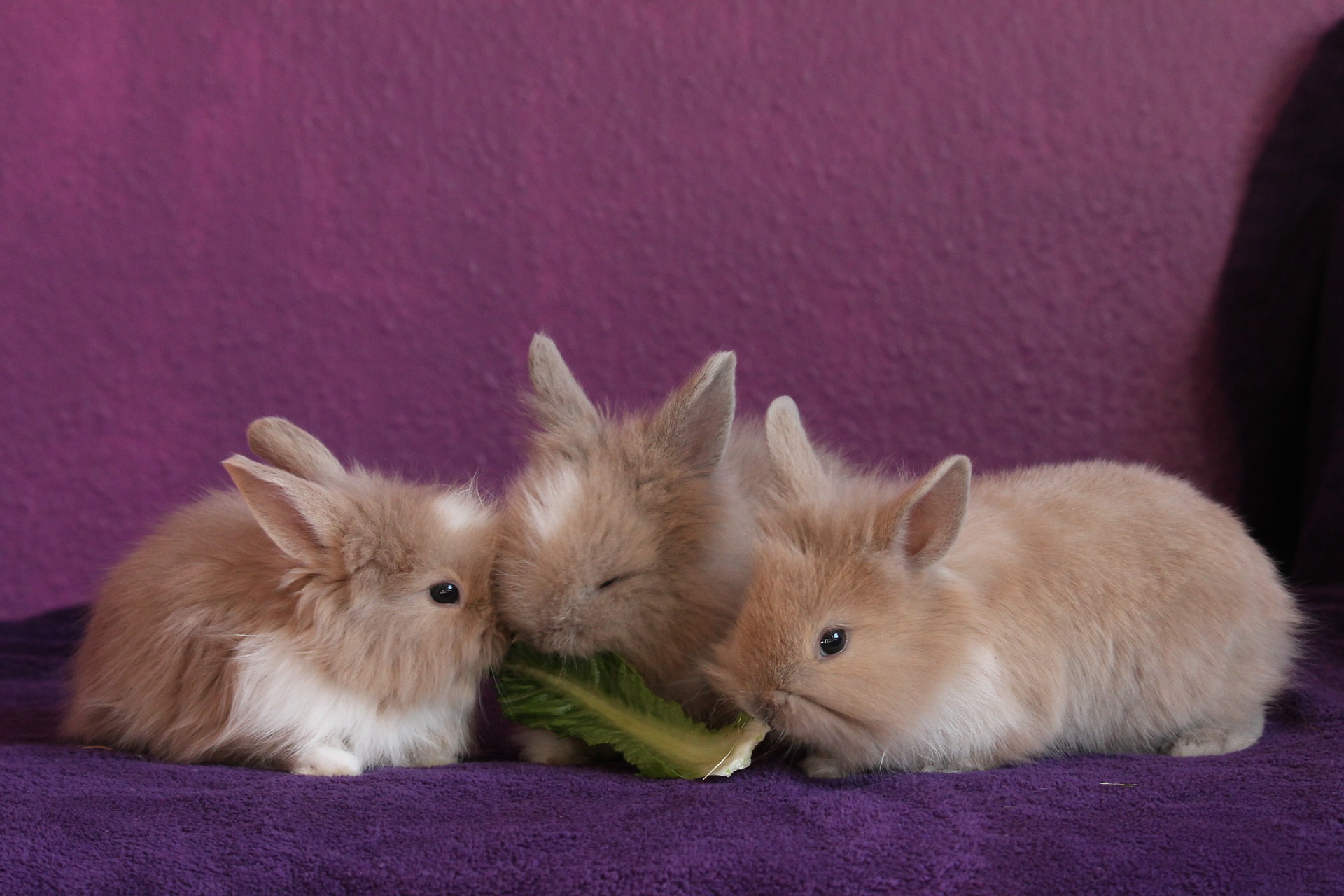Consider Stocking the ‘Exotic’ Small Animals and their Products
Erik J. Martin //May 7, 2018//
Hamsters, rabbits, cavies, mice and all their accoutrement may compose the bread and butter of your small animal department. But customers cannot live on bread alone.
That’s why many seek out more unconventional pets that whet their appetite for excitement, including species like hedgehogs, chinchillas, degus, sugar gliders, prairie dogs and kinkajous. Even if you don’t plan to sell these curiously different critters in your store, it makes sense to stock up on the goods geared toward them.
Different Strokes
“You have to offer a lot of product variety for different breeds because there’s a strong enough demand for it from shoppers. At our store, for example, we don’t sell these exotics. But we keep a wide array of stuff that accommodates these pets,” said C.J. Rankin of Gallery of Pets, a standalone store in Austin, Texas, that carries an assortment of SKUs tailored to exotics, including Oxbow Essentials Chinchilla Food and sugar glider bonding pouches made by a local vendor.
Ken Korecky, CEO of Newport News, Virginia-headquartered Exotic Nutrition—makers of multiple varieties of food and treats for sugar gliders, hedgehogs and degus as well as the Silent Runner line of exercise wheels—says catering to the exotics crowd is worth it.
“Exotic pets demand a higher price point than your typical small mammals, and customers will also spend more for their foods, cages and accessories. They always want to see something different,” said Korecky, who recently rolled out two new products for exotics: Honeyberry Instant-HPW Sugar Glider Food and VitaGlow liquid skin and coat conditioner. “Independently owned pet stores can separate themselves from the large chains and attract customers who are looking for out-of-the-ordinary options by stocking exotic pets and their supplies.”
Julie Fain, digital marketing and communications coordinator for Vitakraft Sun Seed, Inc.—the Bowling Green, Ohio-based company behind Sunseed Vita Prima diets and treats for chinchillas, hedgehogs, degus and sugar gliders— agrees.
“Even though they are less common pets than rabbits or guinea pigs, there are still plenty of people who care for exotic breeds and are as eager to buy them toys and treats as any other pet owner,” she said. “Offering exotic options can help set you apart from other stores and keep these owners coming back for more.”
Rare Rodents
Selling these distinctive critters and their wares is also easier today than years ago.
“Eighteen years ago when we started our company, there were very few products for exotic mammals,” Korecky said. “But over the years, as the availability of foods, supplements and accessories for these species increased, pet stores realized there was more of a demand. The internet also played a large part in growing their popularity.”
While chinches have been a longtime favorite in this subcategory, hedgehogs and sugar gliders are increasingly popular today.
“But the availability of sugar gliders and hedgehogs can sometimes be an issue, as breeders may be difficult to find and stores can have a hard time keeping these exotics in inventory,” said Korecky, who recommends partnering with a reputable local breeder for your livestock supply.
Do Your Homework
Don’t just dive blindly into the exotic pool without testing the waters first.
“Just because you can sell these species doesn’t mean that you should. If your shop has never sold exotics before, you need to be certain they’ll be an asset for your store and a good fit for individuals or families wishing to purchase,” said Jane Morehouse, product research and development manager for Hayward, California-based Kordon LLC, makers of Habitat Water Bottles and deluxe drinking tubes suitable for exotics.
“Also, retailers should only offer live animals that they have a good, thorough knowledge about,” Morehouse added. “You need to know that chinchillas, for example, require safe bedding for burrowing, dust baths, more social interaction with owners, and larger cages.”
Choose Wisely
Speaking of cages, not every small animal enclosure will fit the bill—or, in this case, the snout.
“Proper wire spacing is key for exotics. They need tighter wire spacing to ensure that they don’t try to squeeze through the bars or get stuck. And chinches love to chew, so having an all-metal cage is the best option,” said Brandi Savitt, spokesperson for Prevue Pet Products, the Chicago-based manufacturer of small mammal habitats.
Two of Prevue’s newest exotic-friendly creations are the Deluxe Critter Home (#484), featuring tight 7/16-inch wire spacing, four levels, removable ramps, platforms and a hammock; and the all-metal Critter Cage (#495), especially designed for chewers, boasting 3/8-inch wire spacing.
Other notable exotic-specialty brands and products to consider stocking include:
• Brisky Pet Products’ Brisky Diets line for hedgehogs, sugar gliders, degus and prairie dogs
• Diets for sugar gliders, hedgehogs and chinchillas by Mazuri
• Pretty Pets’ Premium Hedgehog Food and Sugar Glider Food
• 8-in-1 Ultra-Blend Select Hedgehog Diet
• Prairie Dog Natural Adult Pellet Diet by American Pet
In-store Secrets
Success in this space requires planning for high visibility product placements.
“Proven real estate includes endcap space and any area in the vicinity of live caged exotics,” said Lucas Stock, communications manager for Oxbow Animal Health in Omaha, Nebraska.
Social media can also be a powerful tool to help spread the word about new SKUs you’re carrying for exotics, too.
“Ask your followers to help spread the word in fun ways and you’ll likely be amazed at the reach of even an organic social media post. Try aligning a contest or giveaway with these posts, as well,” Stock suggested.
Finally, remember one of the golden rules of pet retailing: even a little knowledge goes a long way.
“Even though exotics may not be your specialty, it’s a good idea to train your staff carefully on the care, feeding and knowledge of these species so that you can answer shoppers’ questions about them and educate people on what to buy,” said Rankin, who practices what he preaches.



















